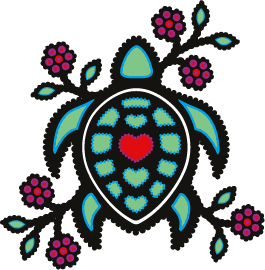PNIE, Chronic Stress & Occupational Therapy
The PNIE system is a field of study that looks at the communication, and connection between all of these systems and its implication on health and disease. The study of the PNIE system began as a way to gain a better understanding of allergic, auto-immune, rheumatic (arthritis), neoplastic (uncontrolled growth of cells), endocrine, and cardiovascular diseases and the impact of emotional and mental stress on health.
Sensory Processing
Sensory processing is the organization of sensory information from the body and the external world that allows a person to interact effectively with their physical and social environments.
Occupational Therapy
Occupational Therapy is a regulated health profession that requires a Master’s degree. Occupational Therapists must obtain a Master’s of Science, and it is during that time that we learn extensively about the art and science of the human experience.
Self-Regulation
Self-regulation is a foundational skill for the wellbeing throughout our lifespan. Research indicates that self-regulation is needed for educational achievement and for our physical, emotional, social and economic health.
Visual Skills
Visual Skills enable an individual to process information around them. The ability to observe, recognize, and use visual information about forms, shapes, figures, and objects makes up our visual motor abilities.
Gross Motor Skills
Gross motor describes the activities and skills that involve large groups of muscles - the arms, legs, and trunk. This includes postural control and balance, locomotion (movement such as walking), overall coordination of the limbs and the trunk, strength and endurance, and body awareness within the environment.








